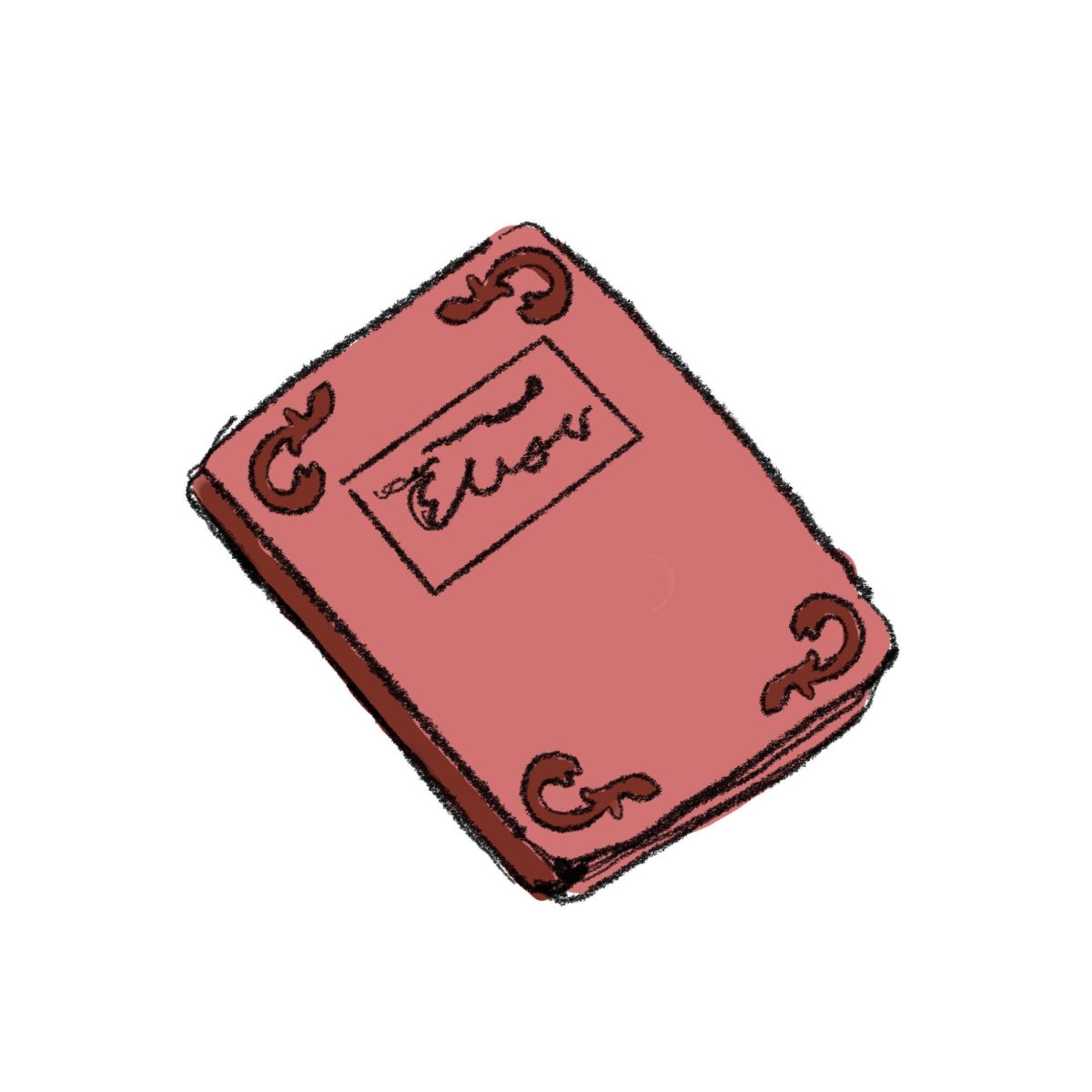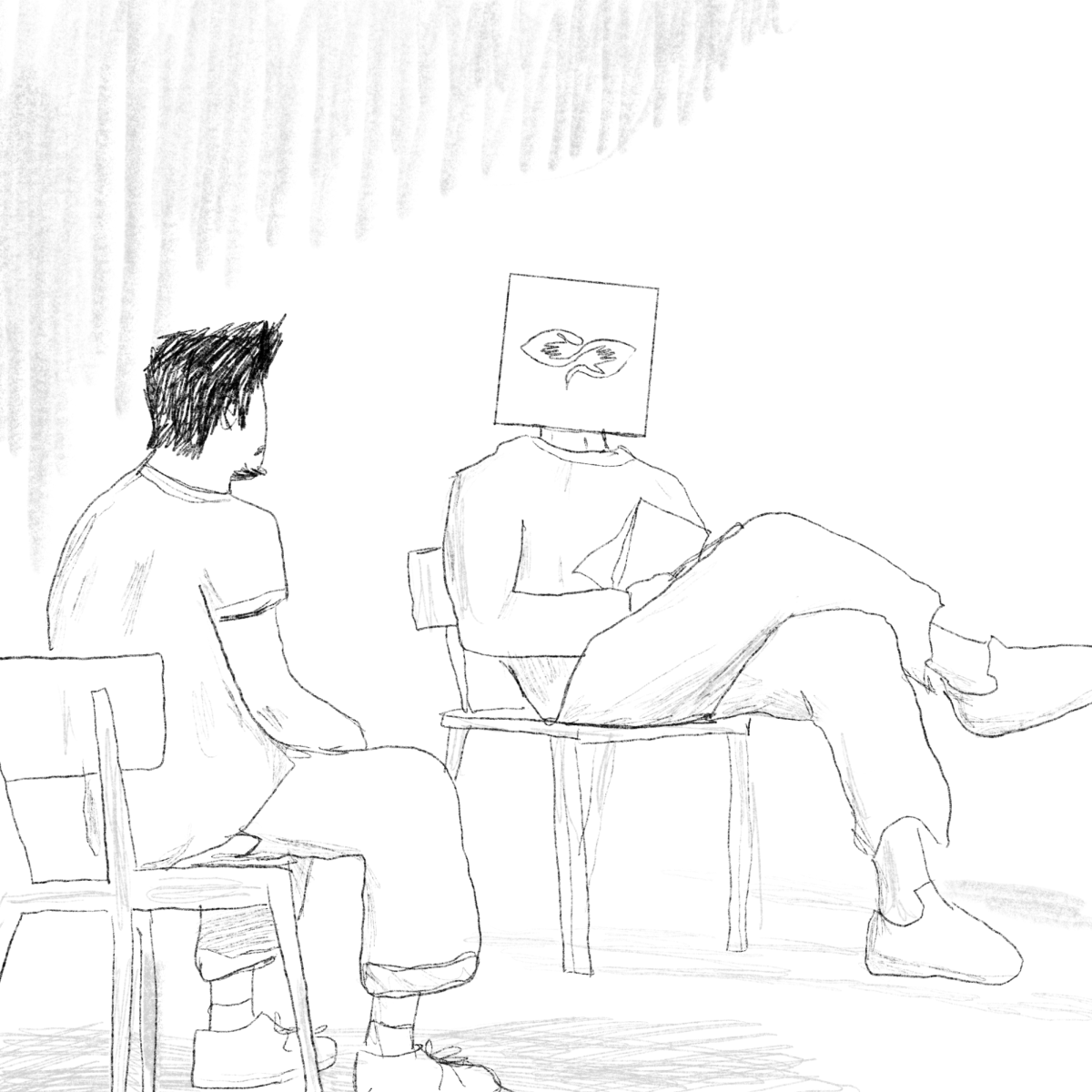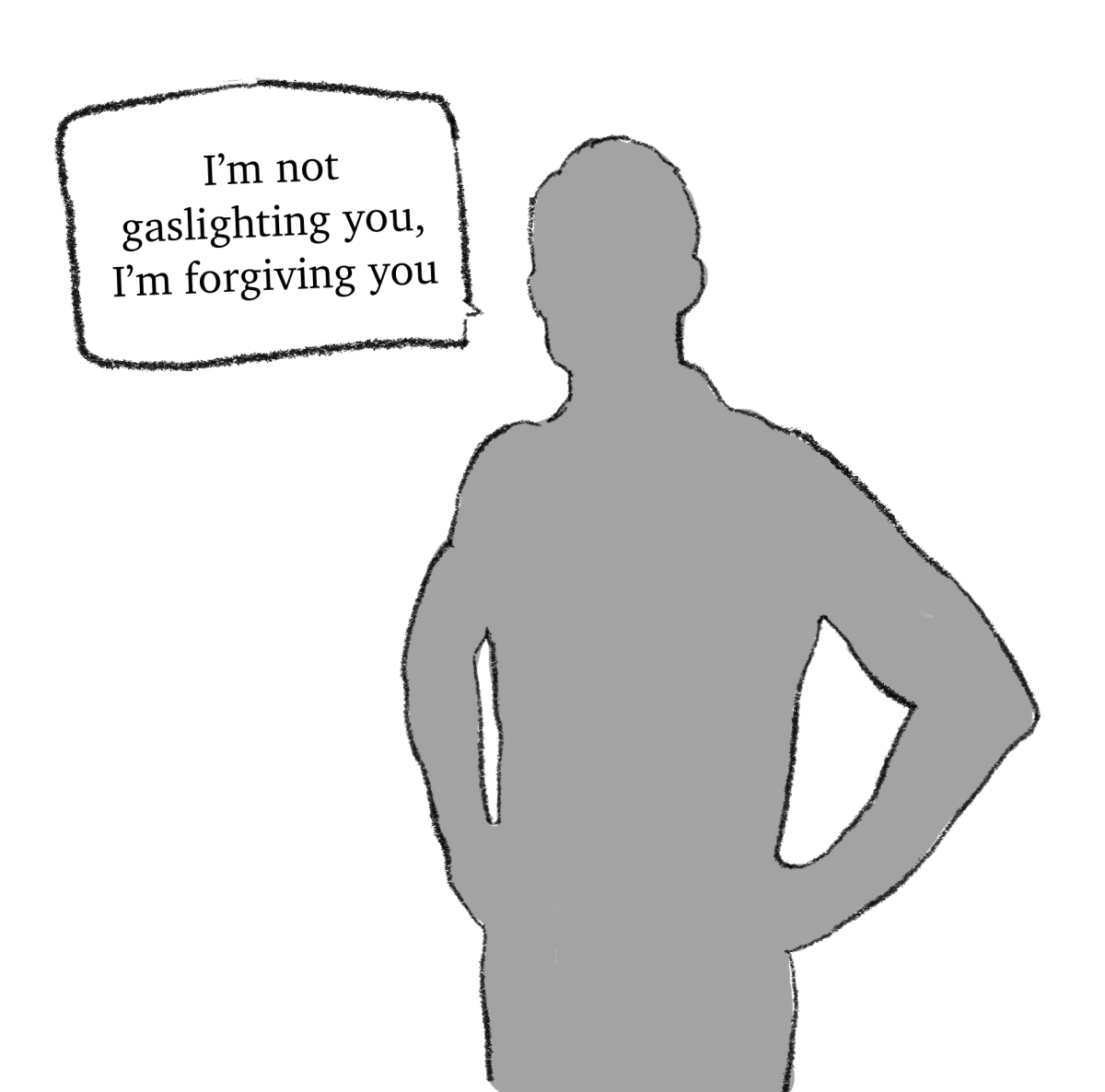It is common for students to say that they have trouble concentrating in class, but some students find it even more challenging than normal. Sophomore Stephen Sedia, for example, has been diagnosed with attention deficit hyperactive disorder and was part of the clinical trials for Adderall XR. He has been taking ADHD medication since the second grade, and Sedia says that he would not be able to focus in class or on schoolwork without the medication.
“I wouldn’t be here at Trinity right now without it. I almost flunked out of second grade, and then I got ADD medicine. With ADD, you can focus as hard as you want on something, and you don’t get to decide whether you remember or not,” Sedia said.
ADD, attention deficitt disorder, is one of three subtypes of attention deficit hyperactivity disorder. The term was formally changed to “ADHD predominately inattentive” in 1994 in the fourth edition of the Diagnostic and Statistical Manual of Mental Disorders, commonly known as the DSM-IV. However, it is still often referred to as ADD.
According to a 2005 article titled, “Illicit Use of Prescribed Stimulant Medication Among College Students” in the Journal of American College Health, Adderall and other ADHD medications like it, such as Ritalin, have gained popularity on college campuses across the country for their use as so-called “study drugs.” Students usually resort to Adderall use when they find themselves in a position where they have to pull an all-nighter or during finals. Adderall is also commonly found at law schools, where a student’s grade for a class comes down to a single test held at the end of the semester.
Adderall has also made headlines in the realm of professional sports. In a USA Today article from Nov. 12, 2012, sports reporters David Leon Moore and Jim Corbett write about how Garrett Hartley, a placekicker for the New Orleans Saints National Football League team, received a four-game suspension for testing positive for Adderall, a banned stimulant.
Sophomore Emily Wilkins does not support the use of ADHD medication without a prescription, but she can understand why some students would be tempted to try it.
“I think college is stressful as it is, and there’s definitely a lack of sleep, a lack of time and when someone gets behind, there’s a rush to pull all-nighters and do all of that work at once. I can definitely see why it happens,” Wilkins said.
Richard Reams, associate director of Counseling Services, points out that students who take ADHD medication without a prescription can experience adverse side effects.
“Because Ritalin or Adderall is a central nervous system stimulant, it might cause nervousness or jitters, insomnia, sped up heart rate and increased blood pressure are some of the things that may happen,” Reams said.
Since Adderall is a Schedule II psychostimulant drug with a high dependence liability according to the American Society of Health-System Pharmacists and the National Institute on Drug Abuse, selling the drug is considered a Class B felony. In an effort to avoid getting charged with illegal possession of Adderall without a prescription, some students have been known to fake or dramatize ADHD symptoms so that they can legally obtain a prescription for the drug. Reams said that this may be possible because ADHD can be difficult to diagnose.
“There are difficulties sustaining attention, getting easily distracted and impulsivity and hyperactivity for some people. Part of the difficulty is you’ve got to rule out depression as the cause of the difficulty for sustaining attention, you’ve got to rule out anxiety as the cause, so it’s a little tricky to clearly define something as “˜ADD’,” Reams said.
Sedia believes that doctors diagnose ADHD too often, without considering other possible diagnoses.
“I think ADD is over-diagnosed, but there are people out there like me who really do have it and really do need ADD medicine. I hate that I have to take a pill, and I think pharmaceutical companies are making a crap ton of money off a lot of people. However, I am one of those people who actually need it, and one day I will be off the medicine,” Sedia said.
Sedia does not like the idea of students abusing ADHD medication just to give themselves an advantage in school. Sedia acknowledges that although that method may help in the short term, the long term effects and chances of addiction are not worth the risk.
“For people who are ADD, the medicine makes them normal. It doesn’t make it easier; it makes it to where you can remember what most everybody else does. For people who don’t have ADD and take ADD medicine, their body treats it like speed. If you’re normal and you take it so you can study, you’re being lazy because you don’t want to have to put the time into it,” Sedia said.
Sophomore Josie Hammons, who has a prescription for Ritalin, thinks that students who take ADHD medication as “education-enhancing drugs” without prescriptions are giving themselves an unfair advantage over their fellow classmates, essentially breaking the Honor Code in the process.
“They most definitely give themselves an advantage. Kids who have [ADD] take it so that they can have a normal attention span, whereas kids who don’t have it but take it are giving themselves extra focus time in addition to the time they already have naturally, in their normal state, without the medication,” Hammons said.
Wilkins, who joined the Honor Council this semester, does not believe that the bylaws of the Honor Code say anything specific about attention-increasing drugs, but she believes that they would be in violation of the motto of the Honor Council.
“I don’t want to speak for the Honor Council completely since I’m new, but I’ve read the bylaws and I don’t think there’s anything specific on drug use. I think that would be more just using a prescription when it’s not prescribed to you. I feel like the Honor Council’s focus is on integrity and honor in our work in order for it to have value, so just from our motto I feel like Adderall and other drugs do go against it because it gives someone an advantage “”or otherwise they wouldn’t be using it,” Wilkins said.
Wilkins also stated that it would be difficult for the Honor Council to catch potential abusers because the pills can be easily concealed, and proving that someone took the drug is not as easy as citing someone for plagiarism in a paper that was turned in.
“For having trials on that or being able to catch people, it’s a lot different than plagiarism and cheating because it’s not as obvious, and it’s more of a substance abuse problem than a cheating problem,” Wilkins said.
Although counseling services does not diagnose students for ADHD here on campus, students can be screened for it by filling out an inventory test. If the screening indicates ADHD symptoms are present, counseling services may refer students to an off-campus psychiatrist. Counseling services is located above the bookstore in upstairs Coates and is open from 8 a.m. to 5 p.m. Monday through Friday.







